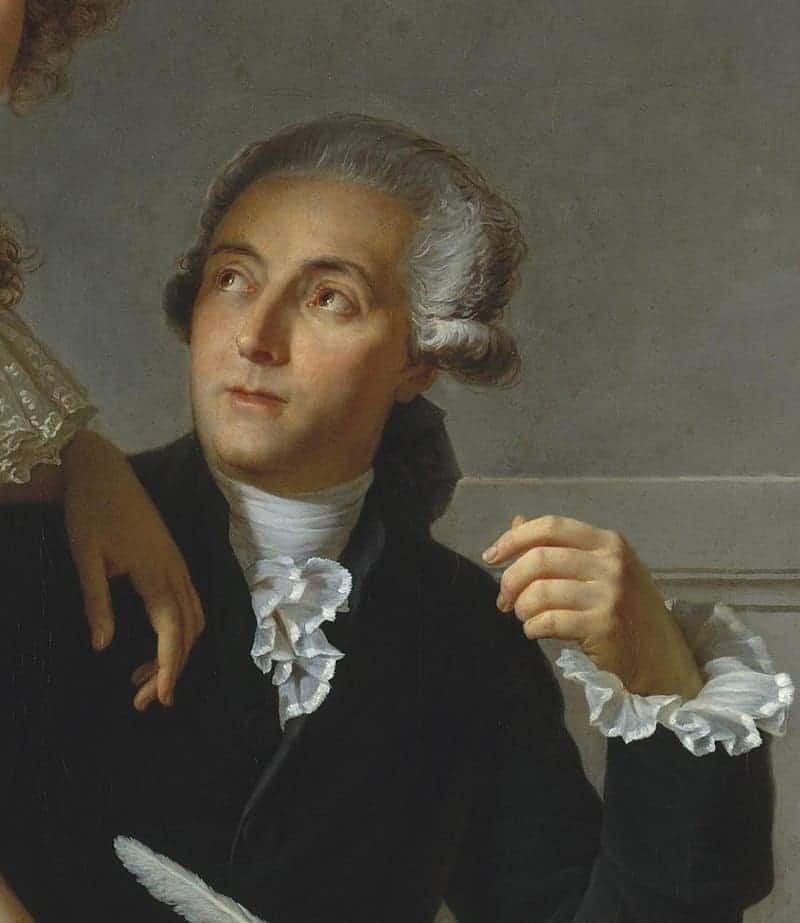
Antoine Lavoisier
Antoine-Laurent de Lavoisier (French: [ɑ̃twan lɔʁɑ̃ də lavwazje] UK: lav-WUZ-ee-ay, US: lə-VWAH-zee-ay,; 26 August 1743 – 8 May 1794), also Antoine Lavoisier after the French Revolution, was a French nobleman and chemist who was central to the 18th-century chemical revolution and who had a large influence on both the history of chemistry and the history of biology.
It is generally accepted that Lavoisier’s great accomplishments in chemistry stem largely from his changing the science from a qualitative to a quantitative one. Lavoisier is most noted for his discovery of the role oxygen plays in combustion. He recognized and named oxygen (1778) and hydrogen (1783), and opposed the phlogiston theory. Lavoisier helped construct the metric system, wrote the first extensive list of elements, and helped to reform chemical nomenclature. He predicted the existence of silicon (1787) and discovered that, although matter may change its form or shape, its mass always remains the same.
Lavoisier was a powerful member of a number of aristocratic councils, and an administrator of the Ferme générale. The Ferme générale was one of the most hated components of the Ancien Régime because of the profits it took at the expense of the state, the secrecy of the terms of its contracts, and the violence of its armed agents. All of these political and economic activities enabled him to fund his scientific research. At the height of the French Revolution, he was charged with tax fraud and selling adulterated tobacco, and was guillotined.
Read More About Antoine Lavoisier
Lists containing Antoine Lavoisier :
383 Influential People who changed the world

The world is filled with thousands of great people who have changed the world. It is not possible to list the most influential men and women in human history, but this list is an attempt to explore some of the most influential people of all time that one must know about. It can be hard…
